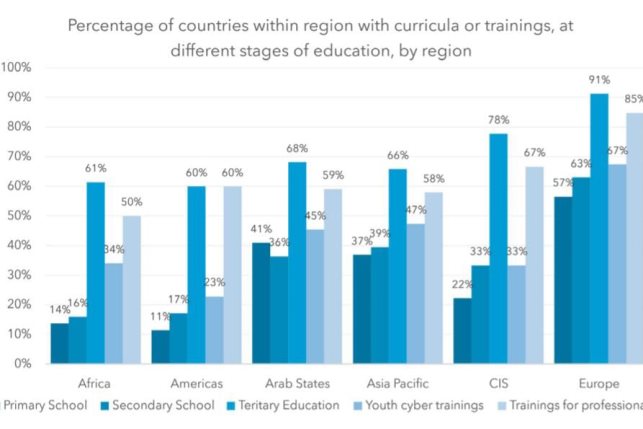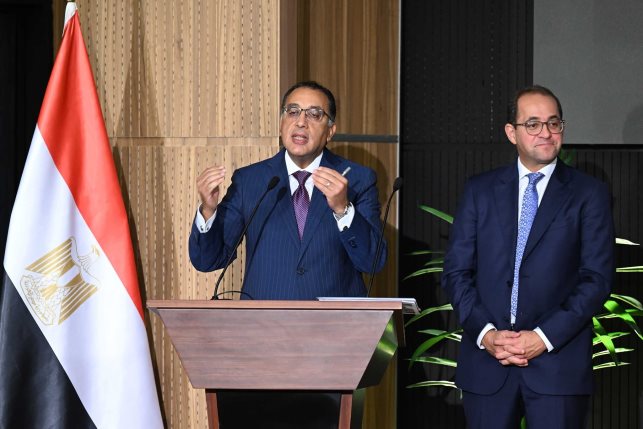Stabilizing economic conditions leads to Egypt’s PMI reaching highest level in 3 years
Ending the first half of 2024 on a high, the S&P Global Purchasing Managers' Index for Egypt climbed to 49.9 in June from 49.6 in May, the highest level in 3 years

Stabilizing economic conditions, easing price pressures and improved demand prospects have pushed Egypt’s non-oil private sector’s sales volumes on an upward trend for the first time since August 2021, according to S&P Global’s latest PMI data for June 2024.
Ending the first half of 2024 on a high, the S&P Global Purchasing Managers' Index for Egypt climbed to 49.9 in June from 49.6 in May, the highest level in 3 years.
While just under the 50.0 threshold separating growth from contraction, S&P noted that “businesses appear to be heading on the road to recovery” after remaining in contraction territory for 43 consecutive months.
The new orders sub-index registered 50.2 points - the highest since August 2021, with the manufacturing and services sectors displaying the most promising signs. S&P explained that non-oil businesses attributed the uptick to improving conditions in both domestic and international markets.
However, the report highlighted a decline in the construction, wholesale and retail sectors.
The output sub-index dipped at the softest rate in nearly 3 years, with input purchases rising for the first time since December 2021.
“Although output levels continued to fall on average, they were also close to growth territory, as business capacity was helped by a fresh increase in the buying of inputs. If we see further rises in sales and purchases in the second half of this year, firms should have the motivation and need to expand their output,” explained David Owen, Senior Economist at S&P Global Market Intelligence.
Employment rates in Egypt’s non-oil private sector were relatively stable in June, with some companies increasing their workforce to meet increase sales and demand while others reported layoffs and not replacing retired workers.
“This was observed as confidence in future activity dipped and was only slightly positive - in fact the lowest seen on record - as firms remained uncertain about economic prospects following recent volatility in financial conditions,” the report wrote.
The S&P report comes only a day after a new government was sworn in by the president, introducing a significant wave of change and 20 ministerial leadership changes, reaffirming the country's commitment to economic reform and its sustainability agenda.





